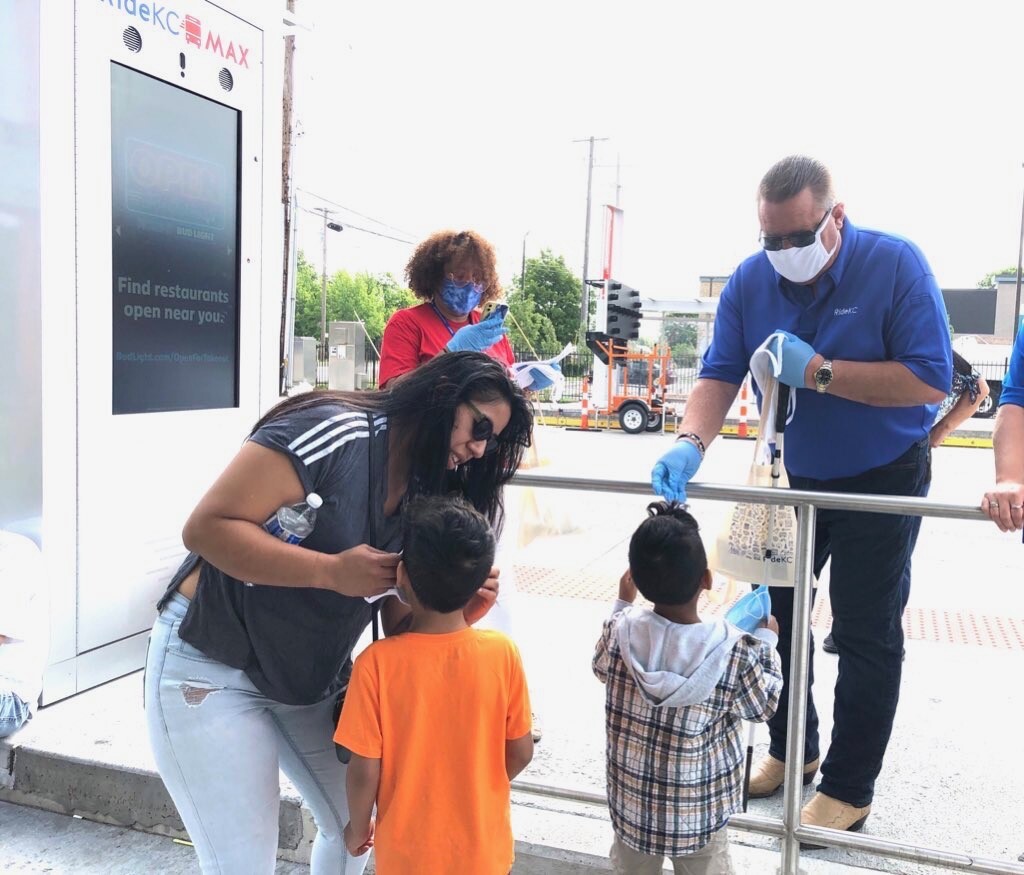The Kansas City Area Transportation Authority (KCATA) announced that it will receive $600,000 in funding through the U.S. Department of Transportation’s Federal Transit Administration (FTA) Accelerating Innovative Mobility (AIM) initiative to support mobility and innovation in the transit industry.
KCATA will use the funds to test an advanced driver assistance system that uses precision guidance sensors to dock at stations and provide level boarding across the RideKC MAX bus rapid transit system. The project will improve accessibility and reduce dwell time, providing a better customer experience.
“I want to thank the U.S. Department of Transportation and our entire congressional delegation for their continued support of our MAX Bus Rapid Transit system,” said Robbie Makinen, president and CEO of KCATA. “This AIM initiative will demonstrate further innovative technologies that we are integrating into the MAX system. The project will enhance the customer experience for everyone while going beyond ADA-compliance.”
“As we face this public health emergency, investments in innovation are critical for transit agencies to better meet rider expectations and adapt to changes in our transportation system,” said FTA Deputy Administrator K. Jane Williams. “We are pleased to collaborate with these grant recipients to develop new service methods to improve safety, increase access, develop more efficient operations, and enhance the transit experience for all.”
“Robotic Research is honored to partner with Kansas City Area Transportation Authority (KCATA) to provide an innovative and cost-effective solution for ADA-compliant level boarding on KCATA’s Prospect MAX BRT,” said Alberto Lacaze, President of Robotic Research. “Our advanced driver assistance system (ADAS) technology will assist BRT drivers to precisely dock buses and maintain ADA-compliant gaps at all stops, ensuring access for all customers, including persons with disabilities.”
FTA today announced 25 projects in 24 states and Guam will receive a share of $14 million. Nine of the projects directly address innovations to help alleviate issues related to COVID-19-, including contactless payment, social distancing, innovative scheduling, real-time information to reduce crowding, and contact tracing.
